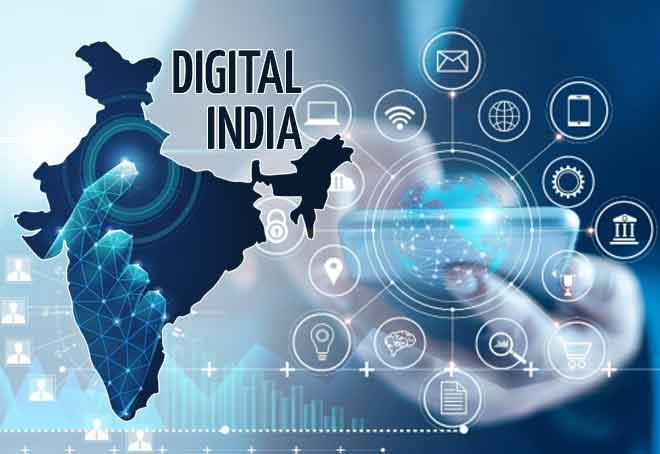The Ministry of Electronics and IT’s report on India’s digital economy highlights its potential to revolutionise logistics, with a GDP contribution of INR 31.64 lakh crore in 2022-23.

India’s digital economy, accounting for 11.74 percent of the national income in 2022-23, is a key driver of economic growth. According to the Ministry of Electronics and Information Technology’s report ‘Estimation and Measurement of India’s Digital Economy’, digital technologies are transforming traditional industries, including BFSI, trade, and education, and are rapidly diffusing across sectors.
For the logistics industry, this digital transformation holds immense promise. With digital tools penetrating traditional industries and ICT contributing 7.83 percent of Gross Value Added (GVA), the logistics sector stands to gain from enhanced operational efficiencies, real-time tracking, and optimised supply chains. The rise of digital platforms and Big Tech in India’s economy further enables logistics providers to integrate AI, IoT, and data analytics into their operations, reducing costs and improving delivery timelines.
The digitalisation of trade and the increasing adoption of e-commerce platforms demand faster and smarter logistics solutions. This shift accelerates the need for seamless digital integrations, positioning logistics as a critical enabler of India’s economic growth. With the report placing India at the forefront of developing nations in measuring its digital economy, it sets a strong foundation for logistics players to leverage these advancements for innovation and expansion.
By embracing this digital momentum, logistics companies can align with India’s vision of sustainable economic growth and remain competitive in a rapidly evolving market.











